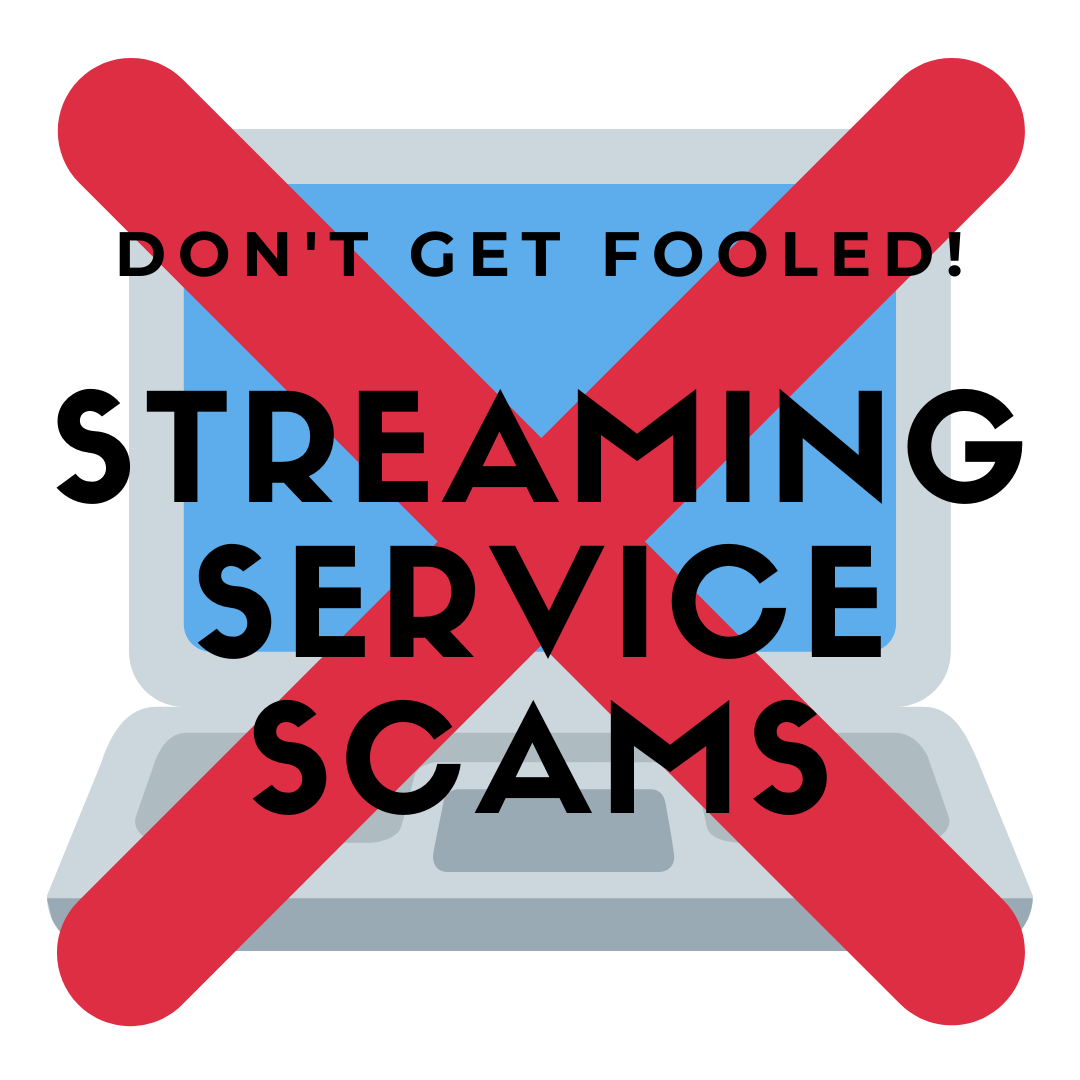|
By District Attorney Summer Stephan With COVID-19 keeping many families at home, streaming services have become a popular way to pass the time. Services such Netflix, Hulu, and Disney-plus allow folks to quarantine at home without breaking the bank. Unfortunately, scammers have taken note of the rise in streaming service users and have sought to exploit the growing market. Two main scams have surfaced recently: an email scam and a fake website scam. The first scam involves fraudsters using fake emails, commonly known as phishing emails, to obtain sensitive information from victims. These emails typically resemble emails from streaming services and advertise discounts and specials. Many offer a free trial period and other similar specials in exchange for a credit card number or personal information.
The second scam involves fake websites scammers create that closely resemble real streaming websites. Through these fake websites, swindlers obtain personal information, such as a credit card number, from their unsuspecting victims. Luckily, there are many signs that you can look out for in order to spot them. Ways to spot scam emails include:
Other scammers will try to swindle you through fake websites. Here is how to spot fake websites:
Although knowing how to identify a streaming service scam is useful, it’s best to avoid them altogether. Remember to:
If you think you have been scammed, file a report with the Federal Trade Commission or call their hotline. Be sure to change the passwords on any accounts that may have been compromised and contact your financial institution to verify all recent transactions. Finally, if you received a phishing email you want to report, forward it to [email protected], an address that is used by the Federal Trade Commission for phishing scams. As your District Attorney, I’m committed to increasing communication and accessibility between the DA’s Office and the public. I hope these consumer and public safety tips have been helpful. Comments are closed.
|
Categories
All
Archives
December 2023
|
|
|
|
|


 RSS Feed
RSS Feed
